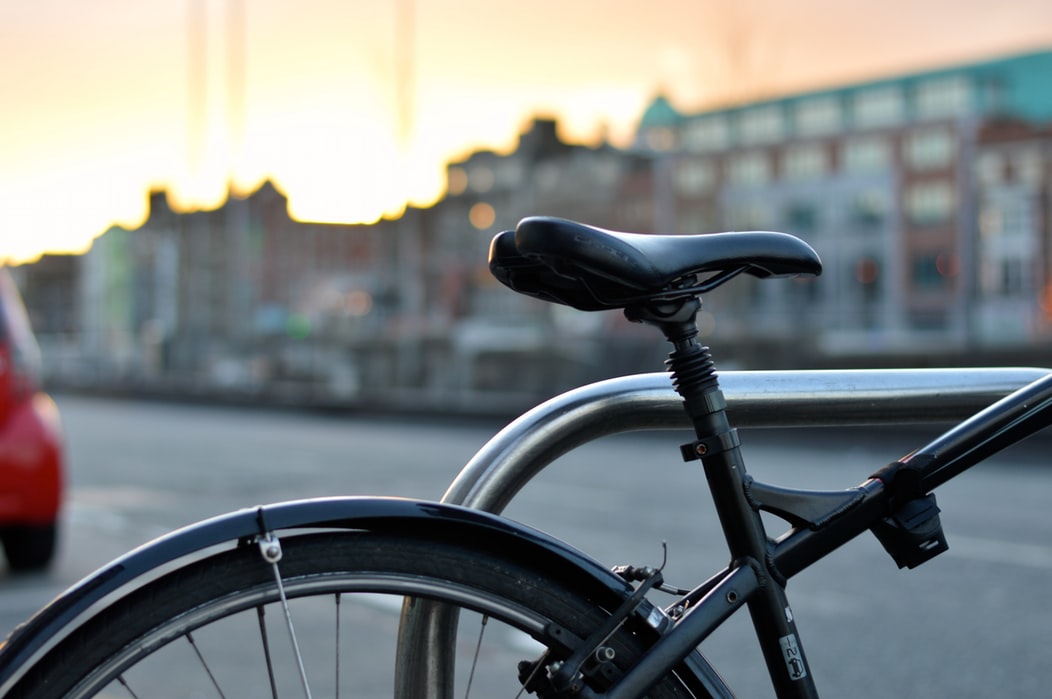As a faithful response to the climate crisis, the Diocese of Newcastle is aiming to reduce our carbon emissions to net zero by 2030. One of the major causes of climate change is carbon dioxide emissions, which act as a greenhouse gas, trapping the heat of the sun. ‘Net zero’ carbon means carbon emissions which are eliminated/balanced with the use of renewables and carbon removal.
Below you can find resources for how your church can play a part in the Church of England’s aim to become carbon neutral:
Where can you start?
Calculate your church emissions
- The Energy Footprint Tool is part of the Church of England

online Parish Returns System. Clergy and Church Treasurers complete this each year with information about the energy use of the church, using the church’s electricity and gas/oil bills. The tool calculates your churches’ carbon emissions from energy use and gives a carbon emissions (CO2) rating.
- 360°carbon try this carbon calculator if you would like to calculate your church’s greenhouse gas emissions in more detail, to include other aspects of your mission and worship such as travel, food and waste.
Practical Path to Net Zero for Church Buildings
This short guide has been developed by the Church of England based on information from energy audits of churches. The Practical Path to Net Zero for Church Buildings, sets out where most churches should start, and more advanced projects for churches who use more energy.
Housekeeping and quick wins for saving energy in your church
For some energy-saving tips that are quick and easy to implement which you can start to do in the next few weeks and months, take a look at this list compiled from the webinar presented by Matt Fulford from Inspired Efficiency, sustainability advisor at Gloucester Diocese, for the Church of England National Environment Programme Carbon Net Zero webinar programme. You can watch the full training session online here.
Inspiration and Training
Get inspired
The Church of England has collected some case studies of churches  that have achieved net zero carbon for you to read other churches’ experiences. Take a look at our Worship and Prayer page for further ideas on how to engage your community and your congregation to tackle climate change.
that have achieved net zero carbon for you to read other churches’ experiences. Take a look at our Worship and Prayer page for further ideas on how to engage your community and your congregation to tackle climate change.
Net Zero Carbon Church webinars
Net Zero Carbon Church
Every church building is unique and some changes are quick and easy, but other changes require consideration for what will work in your building, and potentially fundraising or planning. Have a look at these diagrams to see the types of changes your church could make to reduce your carbon emissions:
For more information see the Church of England’s Net Zero Carbon Church webpage.
What next?
Energy audit
You could start by conducting a simple energy audit yourself.
A practical path to “net zero carbon” for our churches is a short guidance note from the Church of England that has dawn on analysis of over 180 church energy audits. It highlights the most common recommendations for churches and sets out clear principles for action.
To go further you may want to deploy a professional energy surveyor.
You could ask for a complimentary energy audit from the Green Journey team. The Diocese of Newcastle Green Journey Scheme is a package of energy services designed to help you get to grips with your energy use and understand what changes you could make to become more sustainable. Receiving a Green Journey energy audit is free of charge and is not conditional on switching your supplier with the Green Journey scheme. Contact Green Journey, info@greenjourney.org telephone: 0191 300 6363, for more information about the scheme and to arrange an energy audit.
Alternatively, you can apply for an energy survey with the Parish Buying, who annually offer a limited number of subsidised surveys.
Or, you can of course seek a local energy auditor to conduct a survey for you. Make sure that they have appropriate experience of historic buildings.
What is an energy audit?
Usually an energy audit involves an onsite energy survey, with an energy surveyor visiting the church for a couple of hours. From the information they gather they will write a report, the contents of which will depend on the energy audit provider, but will provide an assessment of your current energy use and carbon emissions, and a list of recommendations to reduce these with some indicated costs.
If you are seeking funding from grants organisations for works to your church building an energy audit is great evidence to include in your application.
Switch to a renewable tariff
This action can have the greatest impact to cut your net carbon footprint. Switch to 100% renewable electricity and biogas tariffs for example through Parish Buying’s energy basket or the Green Journey scheme. Whilst this does not reduce the energy you use, it means the energy you use is from a renewable source, and reduces your carbon footprint a significant amount. Dependent on your church’s activities, you may find after you switch to a renewable tariff that your church’s emissions are close to net zero carbon.
Parish Buying for Net Zero 2030
Parish Buying has launched Parish Buying - Net Zero 2030 developing a suite of net zero solutions, such as a pilot solar PV panels and heat pumps etc. replacing conventional utility sources with ‘green’ alternatives and approved supplier products for church use.
Cycle racks for churches
 Have you considered installing bicycle storage racks to encourage people to cycle to church?
Have you considered installing bicycle storage racks to encourage people to cycle to church?
Churches and charities in Newcastle, County Durham and South Tyneside council areas can apply for free bike racks through Park that Bike. You can apply online here.
However, this does not cover installation so you may want to think about which type of bike rack would best suit your church! To see the different types of bike racks available and the installation for each click here.
Permission is required for such interventions but usually not a faculty so please contact the DAC Secretary, Lucy Burfield for advice.
Guidance and Funding
National Guidance on Energy & Church Buildings
- Advice on switching to a renewable tariff with the Parish Buying Energy Basket.
- Heating principles - If you are considering changing your church heating system download the church heating checklist to help you review what is needed for the space and use of your building and take a look at the training webinar on choosing the best heating solution for your church
- Energy efficiency
- First Steps Toward a Sustainable Building
- renewables, including a new guide to solar PV & faculty
- EV car charging
For specific guidance on aspects of your church building, search online on Church Care.
Sustainable Church Buildings
You probably already do a lot to maintain your church building - try to think about how you can incorporate into your existing maintenance choices that are good for the environment.
For more information on maintaining and reordering your church building to be more sustainable:
- Contact your inspecting architect
- Get advice on your building from the Diocesan Advisory Committee for the care of churches (DAC)
Funding
A helpful resource is the Church of England Fundraising for Net Zero page
The Parish Resources website has compiled a regularly updated national list of charitable grants for churches which includes environmental projects (scroll down to number 4).
Parish Buying has also put together a collection of funding options that provide support to faith organisations looking to reduce their carbon footprint: Parish Buying Net Zero - Financial Assistance
As well as looking at national funders, keep an eye out for any grant funding that is available locally, please see the Generous Giving Fundraising page or contact the Generous Giving team.